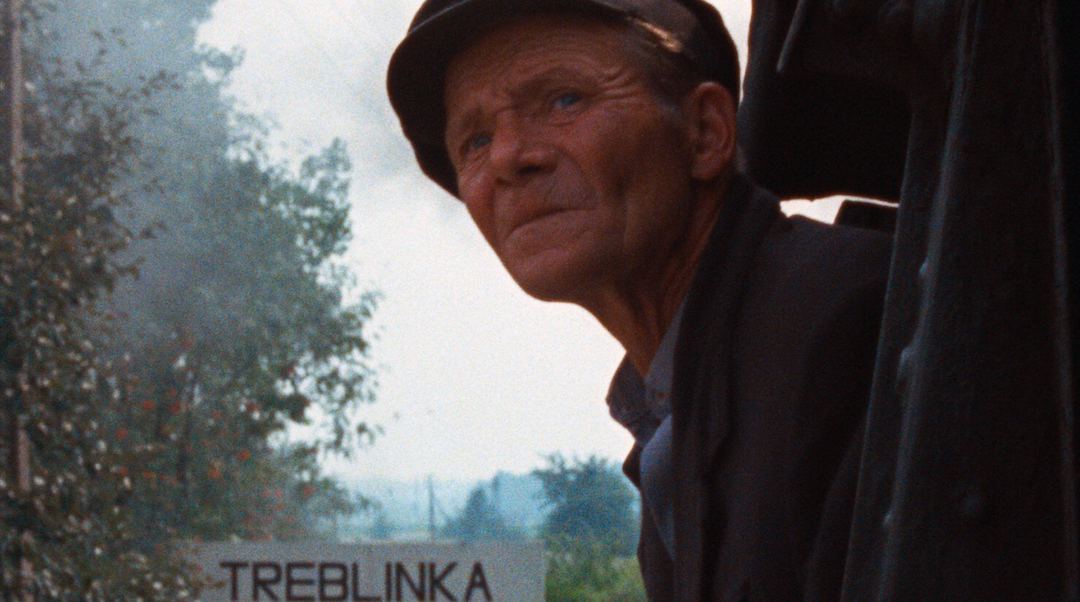(JTA) — On March 15, 1943, the first train bound for Auschwitz departed from the northern Greek city of Thessaloniki, once home to one of the largest Sephardic Jewish communities in the world.
Eighty years later, the city’s documentary film festival is paying tribute to Jews killed during the Holocaust and to the Jewish community’s enduring importance to the city.
The Thessaloniki International Documentary Festival, which runs March 2-12, will feature several documentaries about the Holocaust and the Jewish experience in Greece, along with panel discussions and other screening events — in-person and online — on the subject. The full tribute is called “Adio Kerida,” the name of a traditional Sephardic love song in Ladino, the Judeo-Spanish language once commonly heard throughout the city’s streets.
“Legend has it that the members of the Jewish community sang it just before getting on the trains that would take them to the Nazi concentration camps, saying goodbye to their own people and their beloved Thessaloniki,” said Orestis Andreadakis, the festival’s director.
The documentaries to be shown include “By-standing and Standing-by” (2012), which traces the history of Thessaloniki’s Jewish population and the lesser-known community in nearby Katerini; “Salonique, ville du silence” (2006), in which Thessaloniki-born director Maurice Amaraggi brings together modern images of the city with testimonies from Holocaust survivors; “Kisses to the Children” (2011), which follows the stories of five Jews who were taken in by Christian families during Germany’s occupation of Greece; and “Heroes of Salonika” (2021), which highlights the brutal experiences of six Holocaust survivors from the city.
Other highlights include a full screening of Claude Lanzmann’s 9-plus hour “Shoah,” and a screening of “The Golem,” one of the earliest horror movies from the silent film era. The latter is set in 16th-century Prague, where a rabbi creates a golem — a giant clay creature brought to life in order to protect the city’s Jewish community. The film will be accompanied by an original score by renowned Greek filmmaker and composer Yannis Veslemes, played live during the screening.
Before World War II, the city was nicknamed “La madre de Israel” (“The mother of Israel”), with a Jewish population over 50,000. The present-day community, which now numbers just over 1,000, played a key role in putting the festival tribute together.
“[This tribute] is extremely important,” said Andreadakis. “The Jewish community has defined the history of the city.”
The festival is holding online and in-person screenings.
JTA has documented Jewish history in real-time for over a century. Keep our journalism strong by joining us in supporting independent, award-winning reporting.






